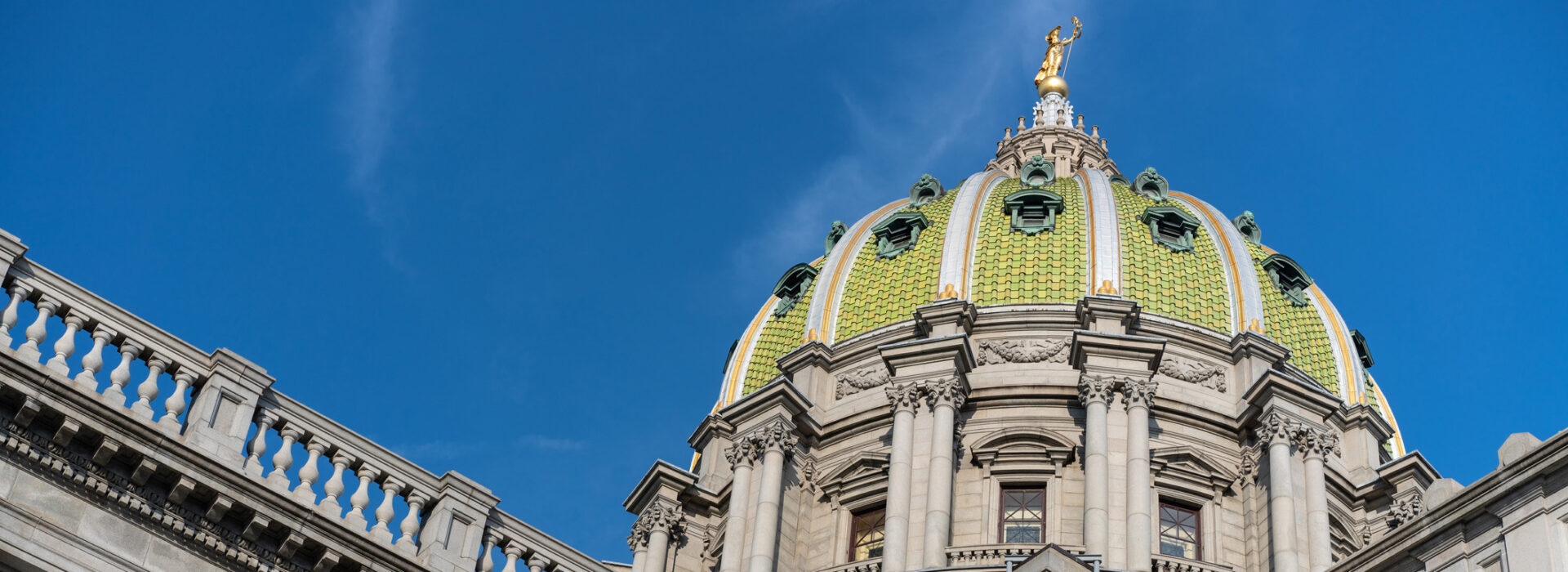SEPTEMBER 18, 2025
The House is scheduled to return Sept. 29 but has several non-voting session days on its calendar for next week. The Senate is on 24-hour call to finalize the 2025-26 state budget but scheduled to be back in Harrisburg Oct. 20.
Waxman offers resolution celebrating National Newspaper Week
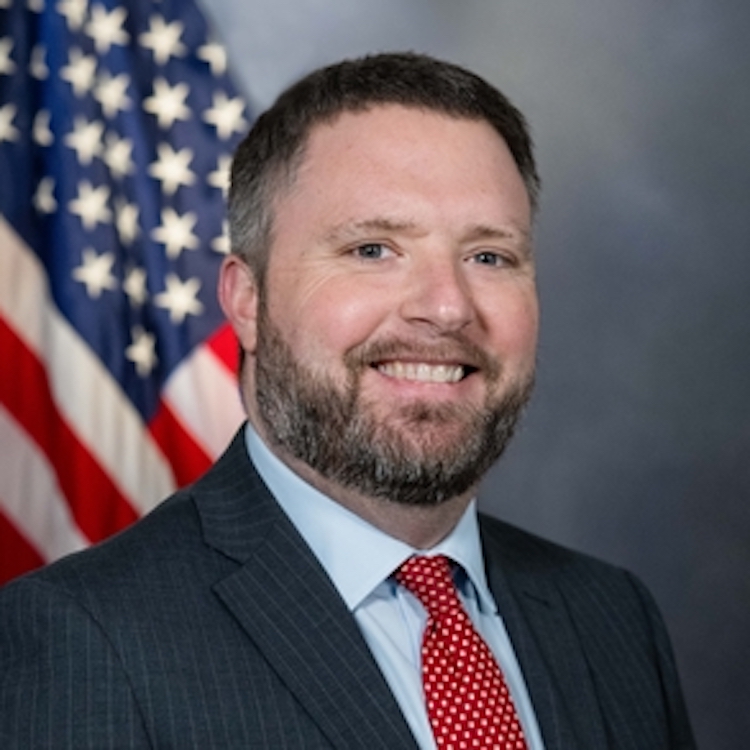
Rep. Ben Waxman (D-Philadelphia) intends to offer a resolution designating Oct. 5-11 as National Newspaper Week in Pennsylvania. His memo takes note of the prominent role the commonwealth played in the nation’s history as well as that of the newspaper industry “through the Pennsylvania Gazette, published by Founding Father Benjamin Franklin, which helped to shape the political and cultural landscape of the American colonies.”
Reminder: Public notice modernization bill hearing set for Sept. 29

The House Local Government Committee will hold a hearing on the bipartisan-backed HB 1291, sponsored by committee Chairman Robert Freeman (D-Northampton) at 10 a.m. Sept. 29, in Room 205 of the Ryan Office Building in the Capitol Complex.
The bill would modernize the 49-year-old Newspaper Advertising Act to require newspapers to post notices on their websites and in front of their paywalls in addition to their printed editions to meet state legal requirements for publication. It also would open the door to allow online publications and free newspapers to publish public notices if no printed newspaper exists in a community.
Additionally, all public notices would be required to be posted on a statewide public notice site; PNA has maintained a statewide public notice website for more than a decade.
PNA supports this legislation and will be offering testimony at the hearing. Please contact Jan Murphy, PNA’s director of government affairs, at janm@pa-news.org if you have questions.
Lawmaker calls for tracking domestic violence deaths
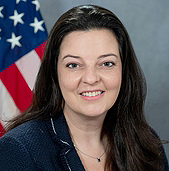
Rep. Liz Hanbidge (D-Montgomery) plans to offer legislation that would establish a system that records and compiles information on deaths occurring as a result of domestic violence. Her memo states this will help policymakers, stakeholders and organization better tailor actions to “avoid these horrific outcomes.”
Diamond wants to establish new holiday honoring conservative activist
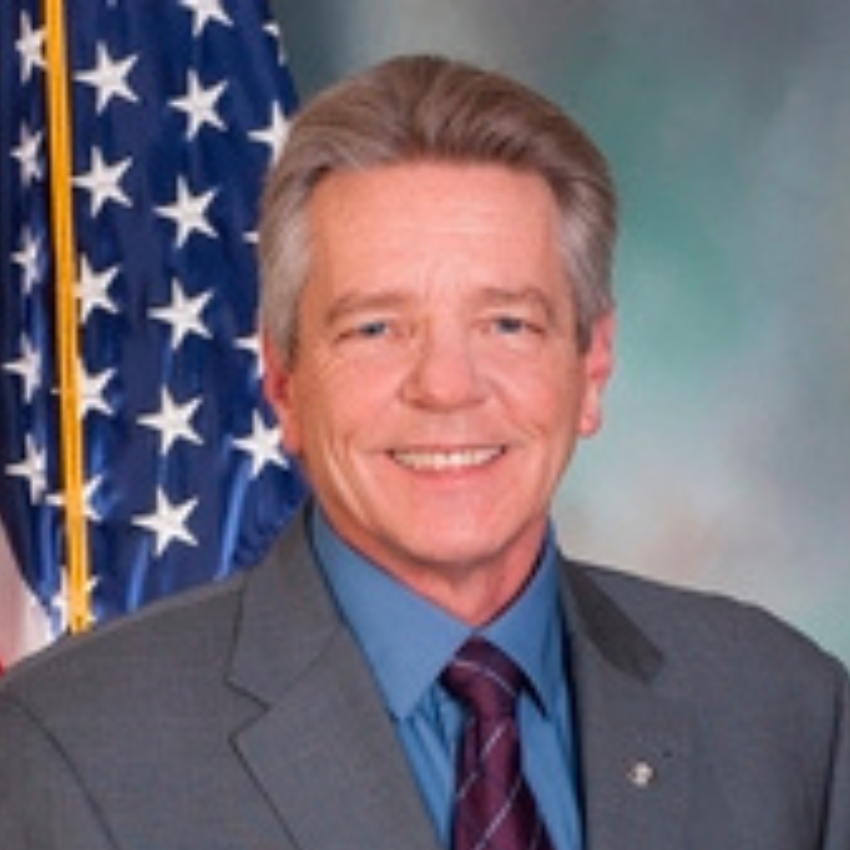
Rep. Russ Diamond

Rep. Aaron Bernstine
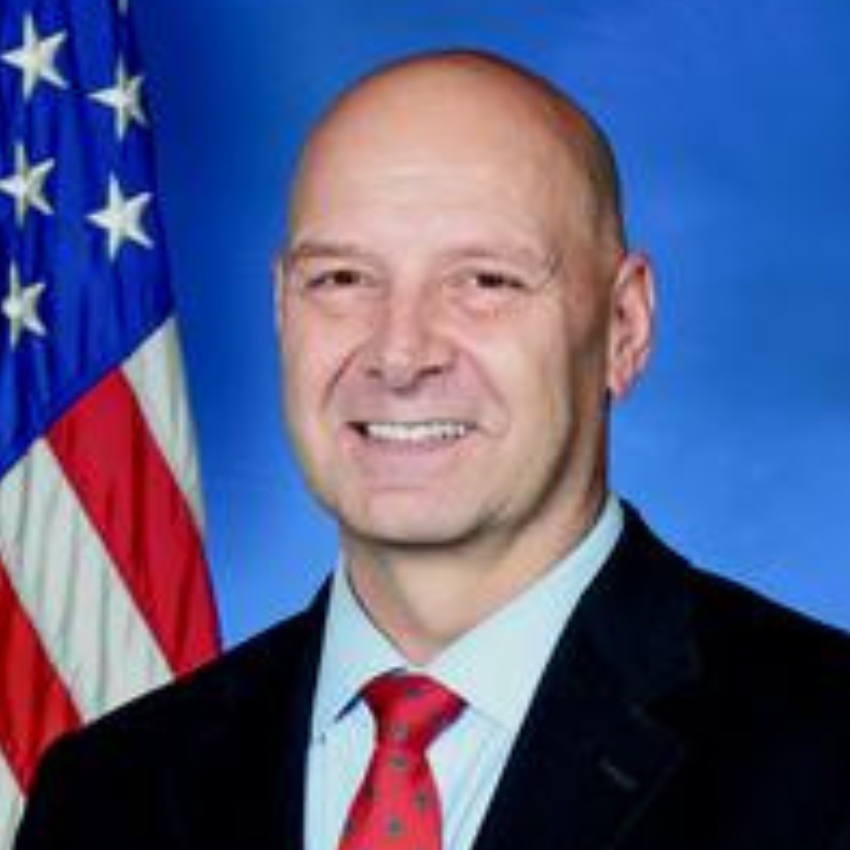
Sen. Doug Mastriano
Rep. Russ Diamond (R-Lebanon) intends to offer legislation establishing the first Monday of August each year as Charlie Kirk Day as a remembrance of the conservative activist assassinated in Utah on Sept. 10. His memo states, “Honoring Charlie Kirk’s life and work would continue Pennsylvania’s long history as the nation’s foremost guarantor of free speech – a legacy dating back to our commonwealth’s 1776 constitution, in which we were the first state in the world to enshrine the freedom of speech in a constitution.”
Rep. Aaron Bernstine (R-Butler/Lawrence) plans to offer a resolution expressing condolences to Kirk’s family. Sen. Doug Mastriano (R-Adams/Franklin) intends to offer a resolution honoring Kirk’s life and work.
May I quote you?
“Censorship – using the long arm of government to silence people, businesses, and nonprofits and restrict their right to free speech – will not solve this problem. Prosecuting constitutionally protected speech will only erode our freedoms and deepen mistrust. That is unAmerican. There is a better way.”
— Gov. Josh Shapiro speaking about political violence at Tuesday’s Eradicate Hate Global Summit in Pittsburgh
SEPTEMBER 11, 2025
The Senate was in session for three days this week and is on 24-hour call to return to Harrisburg to finalize the 2025-26 state budget so it may return prior to its next scheduled session day on Oct. 20. The House is scheduled to return Sept. 29 but has several non-voting session days on its calendar between now and then.
Reminder: Hearing on public notice modernization bill set for Sept. 29

The House Local Government Committee will hold a hearing on the bipartisan-backed HB 1291, sponsored by committeeChairman Robert Freeman (D-Northampton) at 10 a.m. Sept. 29, in Room 205 of the Ryan Office Building in the Capitol Complex.
The bill would modernize the 49-year-old Newspaper Advertising Act to require newspapers to post notices on their websites and in front of their paywalls in addition to their printed editions to meet state legal requirements for publication. It also would open the door to allow online publications and free newspapers to publish public notices if no printed newspaper exists in a community.
Additionally, all public notices would be required to be posted on a statewide public notice site; PNA has maintained a statewide public notice website for more than a decade.
PNA supports this legislation and will be offering testimony at the hearing. We encourage your coverage of this hearing and attendance. Please contact Jan Murphy, PNA’s director of government affairs, at janm@pa-news.org if you have questions.
Lawmaker seeks to end judicial retention elections

Rep. Russ Diamond (R-Lebanon) intends to introduce a proposed constitutional amendment that would end the practice of judicial retention elections for jurists serving common pleas, Commonwealth, Superior and Supreme courts. Pennsylvania adopted the retention system in 1968 and since then, one appellate judge has not been retained. His cosponsorship memo states. “Retention elections have essentially become a free pass for jurists to serve unlimited terms until the mandatory retirement age of 75.”
Bill would eliminate special elections to fill legislative vacancies

Rep. Marla Brown (R-Lawrence) introduced HB 1842 that would amend the constitution to direct the presiding officer of the legislative chamber where a vacancy occurs to order an election to be held on the next primary or municipal election. When a legislative vacancy occurs fewer than 60 days before the primary election in an even-numbered year, the vacancy would remain unfilled for the remainder of the term.
Waxman wants transparency when AI involved in transactions
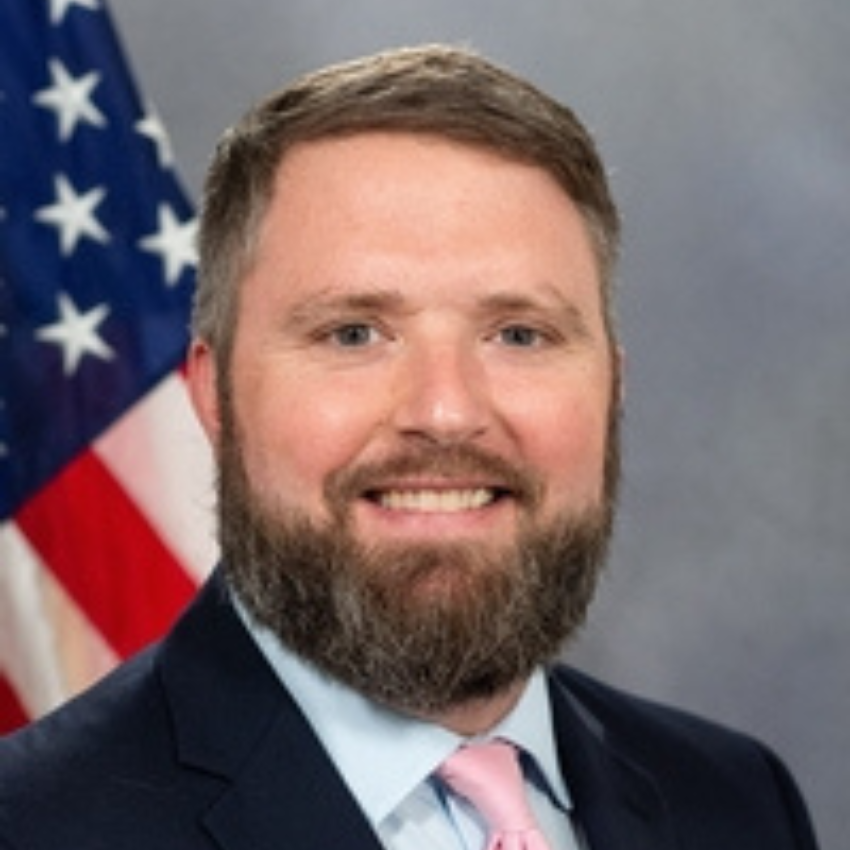
Rep. Ben Waxman (D-Philadelphia) intends to offer legislation to require disclosure when a consumer is interacting with an artificial intelligence system and guarantee the consumer a right to talk to a person upon request when reasonably available. His memo states, “It does not restrict innovation but ensures that Pennsylvanians are never deceived about whether they are speaking to a human or a machine.
May I quote you?
“The issue that they had been highlighting as a reason not to get it done is now off the table. It is time to close this out.”
— Gov. Josh Shapiro said following a ribbon-cutting event this week referring to his decision to redirect $394 million from PennDOT’s capital and infrastructure funds to cover mass transit operating expenses for two years. Mass transit has been a significant obstacle in talks to finalize a 2025-26 state budget.
SEPTEMBER 4, 2025
The Senate will reconvene in Harrisburg on Monday. The House is scheduled to return on Sept. 29 but remains on 24-hour call to finalize the 2025-26 state budget.
Bill seeks to allow flexibility in historical record requests
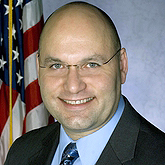
Rep. Robert Matzie (D-Beaver) intends to offer legislation to give the Pennsylvania Historical Museum Commission permission to deny requests for records in its possession if the information is publicly available elsewhere or if it contains personal, non-proprietary information. His cosponsorship memo states his proposal would allow the commission to charge a fee for properly handling historical documents that are not available elsewhere.
Lawmaker wants to keep check on AI’s role in state government workforce

Rep. Ben Waxman (D-Philadelphia) plans to offer legislation to create a State Worker Artificial Intelligence Oversight Board comprised of state employees to audit, approve or block the use of this technology when it puts jobs, privacy or civil rights at risk. “It is about ensuring that the people who do the work — not algorithms — are trusted to guide how AI is used in their own workplaces,” his cosponsorship memo states.
Senator calls for more scrutiny of proposed data center

Sen. Rosemary Brown (R-Lackawanna/Monroe/Wayne) proposes legislation that would require a meeting with local officials 30 days before plans for a proposed data center development are submitted to a planning board. Developers would be required to provide letters from water, sewer, electric and fiber infrastructure companies indicating their ability to serve the project when fully built out as well as show any impact on residents’ use of those utilities.
May I quote you?
“Giving publishers the ability to opt out of Google’s AI is critical to preserving an open internet free from anti-competitive behavior, and preserving a fair playing field for companies across a variety of industries. This ruling is not the end, but it is a missed opportunity.”
— Danielle Coffey, president and CEO of the News/Media Alliance, a trade association for the news and media industry, reacting to U.S. District Judge Amit Mehta’s ruling this week in a Google antitrust case that failed to address publishers’ concern about Google using their content for its Generative AI products
AUGUST 28, 2025
The General Assembly remains on 24-hour call to return to Harrisburg to finalize the 2025-26 budget. The Senate is scheduled to return to voting session Sept. 8 and the House, Sept. 29.
Hearing date set for public notice modernization bill

The House Local Government Committee will hold a hearing on the bipartisan-backed HB 1291, sponsored by committee Chairman Robert Freeman (D-Northampton), at 10 a.m. Sept. 29, in Room 205 of the Ryan Office Building in the Capitol Complex.
The bill would modernize the 49-year-old Newspaper Advertising Act to require newspapers to post notices on their websites and in front of their paywalls in addition to their printed editions to meet state legal requirements for publication. It also would open the door to allow online publications and free newspapers to publish public notices if no printed newspaper exists in a community. Additionally, all public notices would be required to be posted on a statewide public notice site; PNA has maintained a statewide public notice website for more than a decade. PNA supports this legislation.
Another lawmaker seeks to stop time changes

Rep. Joe McAndrew
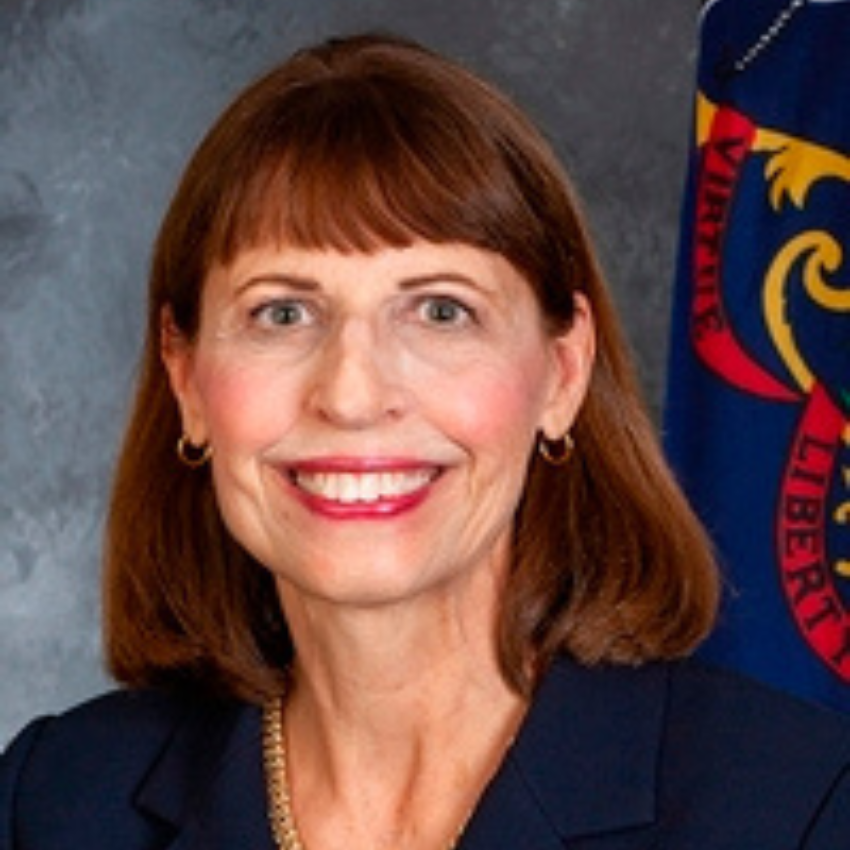
Rep. Milou Mackenzie

Rep. Russ Diamond
Rep. Joe McAndrew (D-Allegheny) is the latest lawmaker to propose putting an end to the twice-a-year time changes in Pennsylvania. He intends to offer a resolution to urge Congress to require all states to observe daylight saving time year-round. In his co-sponsor memo, he said that will help “keep steadier circadian rhythms, reduce the short-term spikes in heart attacks and strokes reported after clock changes, and reduce seasonal mood problems like the rise in depression reported after the switch.”
The proposal is similar to HB 153 offered by Rep. Milou Mackenzie (R-Lehigh/Montgomery/Northampton). It also seeks the same goal as HB 119 sponsored by Rep. Russ Diamond (R-Lebanon). His bill would end time changes by remaining on standard time year-round and exempt the state from daylight saving time, which the federal government allows states to do. Both bills are in the House Intergovernmental Operations Committee.
May I quote you?
“We had no other option other than to increase our taxes to create another $300 to $400 billion in direct revenues or to create $400 to $500 billion of expense reductions, which would have been more painful than tariffs.”
‒ Customers Bancorp Chairman and CEO Jay Sidhu, speaking about his support for President Trump’s tariffs during Monday’s speech to the Pennsylvania Press Club in Harrisburg
AUGUST 21, 2025
The General Assembly was not in session this week, though talks continue to seek a resolution to the 2025-2026 fiscal year budget impasse that is now nearly 2 months old. Mass transit and education funding are among the issues at the center of the stalemate. The Senate is scheduled to return to session Sept. 8, and the House later next month.
Protections for legislators

In several recent co-sponsor memos, Rep. Greg Scott (D-Montgomery) announced plans for legislation designed to protect state lawmakers from political violence. They include a proposal that would allow incumbent legislators to file certificates of nomination to declare their candidacies rather than be required to gather signatures on nomination petitions in much the same way incumbent magisterial district judges do now. Scott also plans legislation that would expressly exempt the home addresses of state legislators from public access under the Right-to-Know Law.
May I Quote You?
“This could lead to a deterioration in infrastructure condition and authorized train operating speeds, negatively impacting Amtrak-operated, PennDOT-sponsored Keystone Service and Pennsylvanian service between Philadelphia, Harrisburg, and Pittsburgh, as well as Northeast Corridor services.”
– Amtrak spokesperson Beth Toll, in a Pennsylvania Capital-Star report citing concerns that failure to increase public transit funding in the still-to-be-resolved state budget will adversely affect mass transit beyond the Philly region
AUGUST 14, 2025
The House was in session Sunday and Monday. The Senate was in session Tuesday. Both chambers are on 24-hour call to return to Harrisburg to finalize the 2025-26 budget.
Bill seeks to continue to allow for virtual LCB hearings
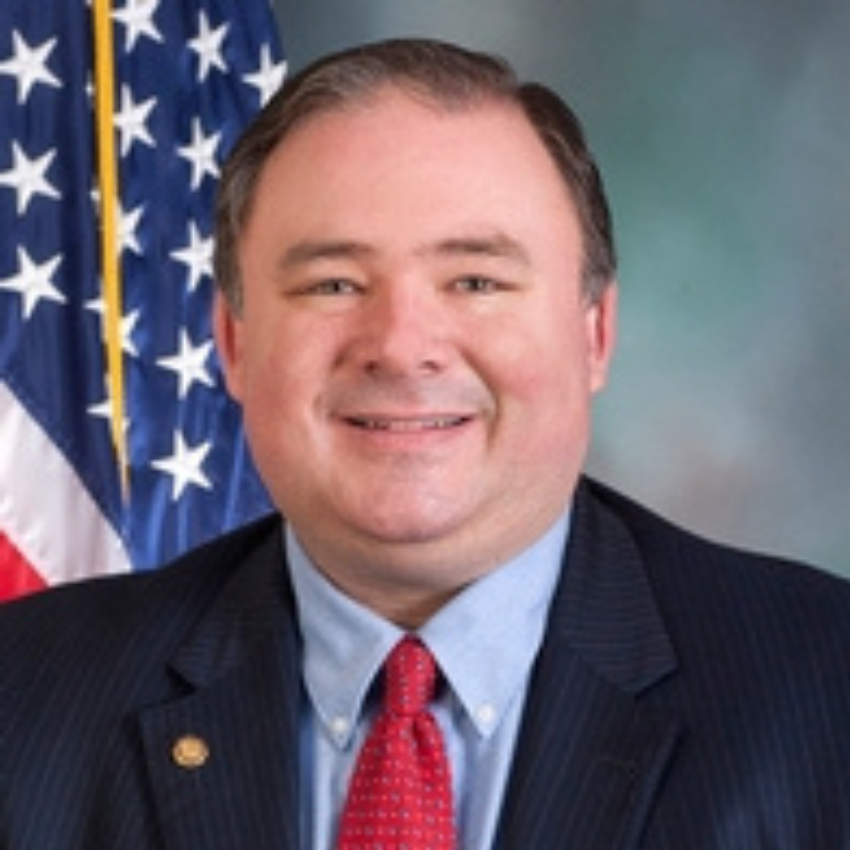
Rep. John Lawrence (D-Chester) intends to introduce legislation that would permanently allow the Pennsylvania Liquor Control Board to conduct virtual public hearings unless an in-person hearing is requested. The LCB moved to online hearings during the COVID-19 pandemic and Lawrence said they proved popular with the regulated community.
May I quote you?
“Our liberty depends on the freedom of the press, and that cannot be limited without being lost.” — Thomas Jefferson
AUGUST 7, 2025
The House and Senate are in recess as work continues finalizing a 2025-26 state budget.
Bill would establish dynamic pricing standards
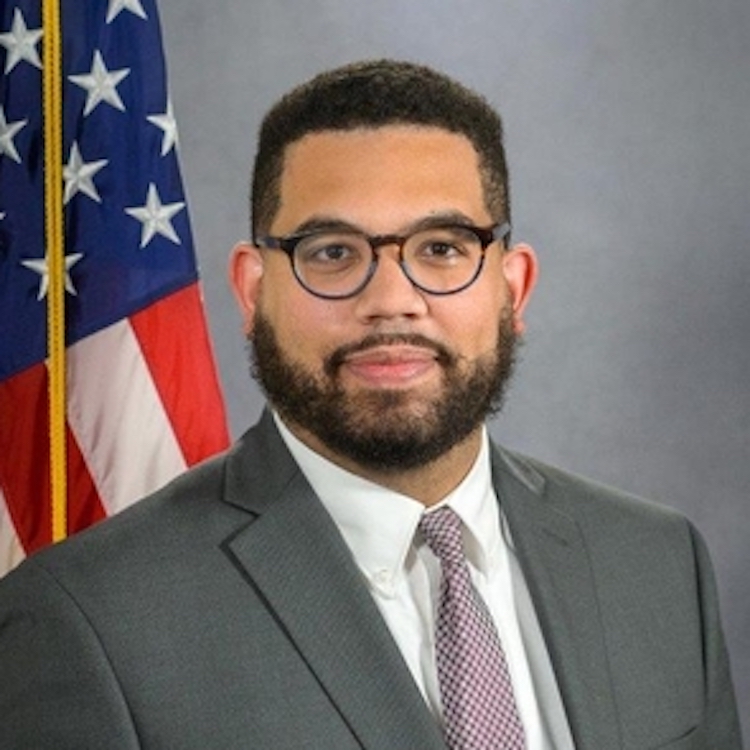
Rep. Manuel Guzman (D-Berks) introduced HB 1779 which would establish transparency and fairness standards for using personalized algorithmic (dynamic) pricing in the commonwealth. He said in his memo without safeguards, “these pricing systems can result in unfair discrimination, particularly when based on protected characteristics such as race, gender, age, disability or sexual orientation.” His bill would require disclosure when this pricing method is used, bar its use in discriminatory ways, and empower the attorney general’s office with enforcement duties.
Senator seeks to protect candidate, public official addresses
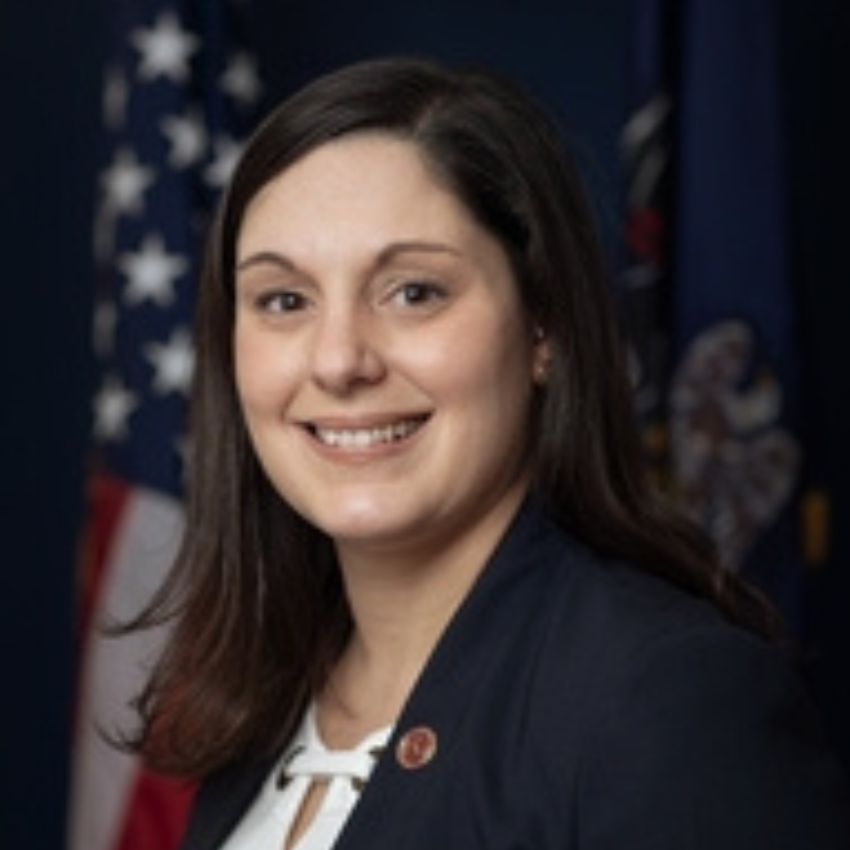
Sen. Amanda Cappelletti (D-Delaware/Berks)intends to offer legislation that amends the election code to prevent the public exposure of personal home addresses of candidates for elective office and provide an alternative way to verify a candidate’s residency. She said the current practice of making their home addresses accessible to the public creates “a serious and unnecessary risk.” Similar bills have been introduced in both chambers in the wake of the April 13 arson fire at the Governor’s Residence and the June shooting deaths and injuries of Minnesota lawmakers and their spouses.
Lawmaker calls for panel to review of attack on Governor’s Residence

Sen. Doug Mastriano (R-Adams/Franklin) plans to introduce a resolution calling for a special Senate committee to investigate the arson attack at the Governor’s Residence. He said the legislative branch hasn’t been granted access to an independent consultant’s security review of the residence and it is important for lawmakers to understand the cost and security needs to protect the official home of the state’s governor as well as other commonwealth assets.
May I quote you?
“The Community News & Small Business Support Act is recognition that strong local newspapers are essential — not just for keeping citizens informed, but for supporting small businesses, preserving local traditions and strengthening the fabric of Main Street America.”
— Dean Ridings, CEO of America’s Newspapers, speaking about this bill that awaits action in the U.S. House of Representatives Ways and Means Committee
JULY 31, 2025
The House and Senate are in recess as work continues finalizing a 2025-26 state budget.
Rabb offers bill to support local newsroom
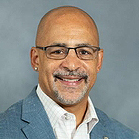
Rep. Chris Rabb (D-Philadelphia) intends to offer a two-bill package aimed at providing financial resources to build up local newsrooms and “treat local news as the public good that it is.” One bill would create and fund an independent non-governmental Pennsylvania Civic Information Consortium to distribute grants and raise philanthropic support for local news organizations. The other would establish a state fellowship program for local news, placing early-career journalists in newsrooms across the state to strengthen reporting capacity where it’s needed most. “Both models have been successfully implemented in other states, with proven safeguards for editorial independence, strong community impact, and broad public support,” his memo states.
Bill would modernize voter rolls
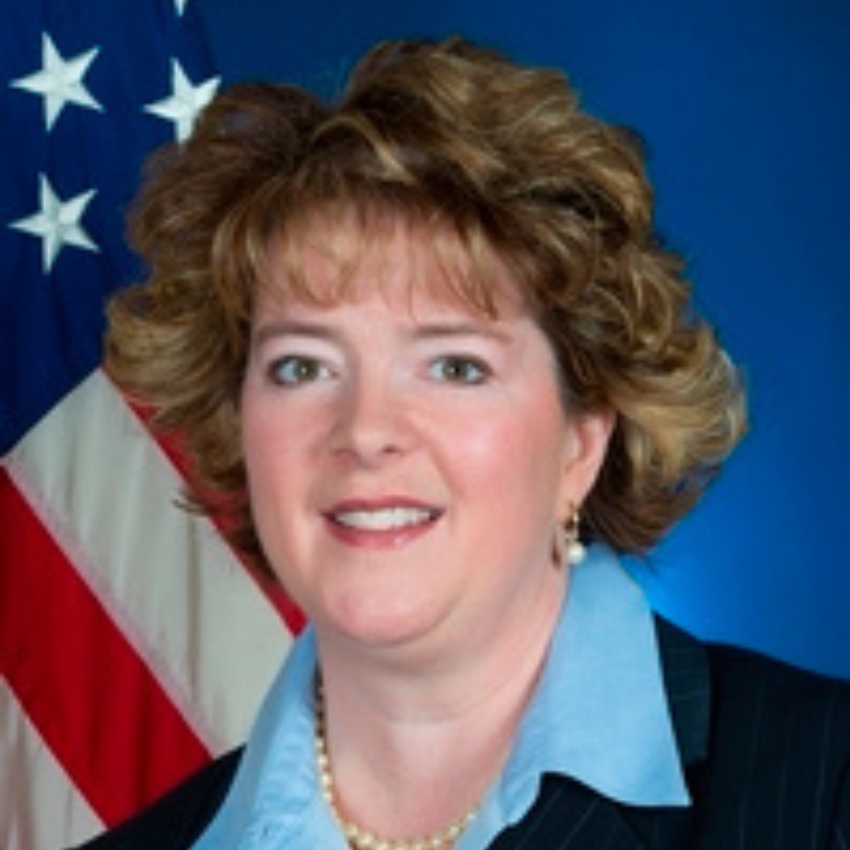
Sen. Michele Brooks (R-Crawford/Lawrence/Mercer) plans to introduce legislation that would expand the sources of available data to identify and remove old or outdated voter information from the voter rolls. Her memo states that current laws rely too much on self-attestation for voter registration, and limited data sources to remove outdated or ineligible registrations. Her proposed bill wants to address that problem.
Lawmaker seeks to regulate AI use in court filings
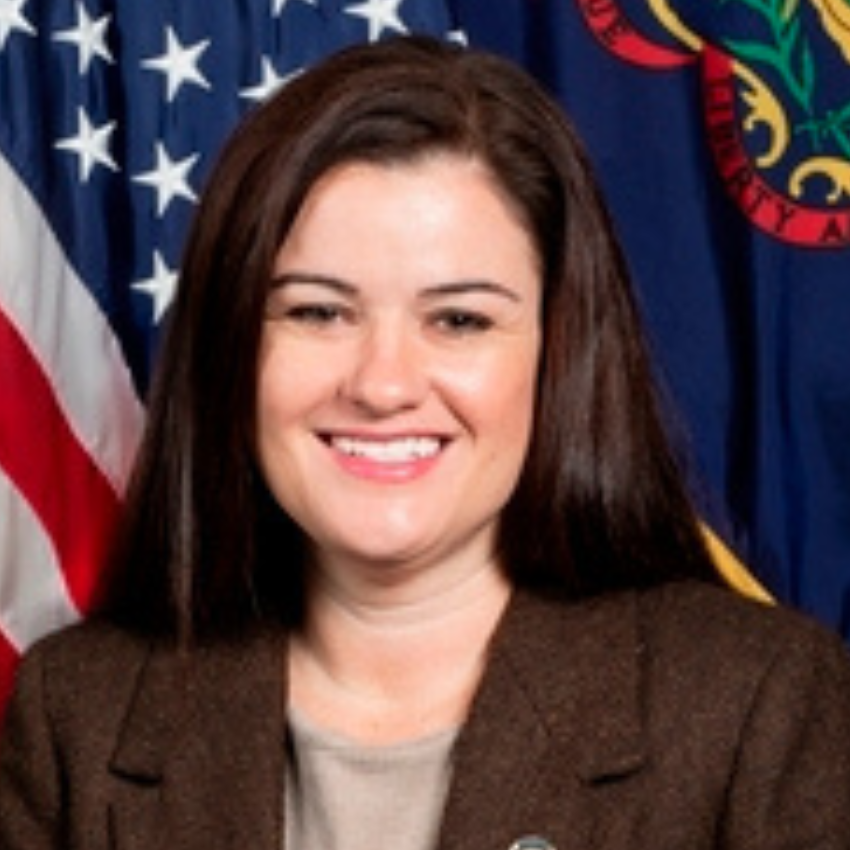
Rep. Charity Grimm Krupa (R-Fayette) intends to offer a resolution urging the state Supreme Court to establish standards and guardrails regulating the use of artificial intelligence by members of the legal community. Her memo states the need for this regulation stems from courts across the country seeing “an increase in filings containing fabricated legal citations, fictitious case law, and misleading arguments generated by AI. This has resulted in wasted judicial resources, potential miscarriages of justice, and harm to clients and the integrity of our legal system.”
May I quote you?
“AI is not the threat. Inaction is. And what I’m afraid of is that in Pennsylvania, … we wait to see what other cities and states do and then we say, ‘oh, they did this. Copy, paste.’ We need to be the place where people try to copy and paste.”
— Joanna Doven, executive director of the Pittsburgh AI Strike Team, speaking at the Pennsylvania Press Club on Monday about the team’s goal of seeing Pennsylvania and Pittsburgh become the physical AI capital of the world, the place where AI techniques are used to solve real-world problems.
JULY 24, 2025
The House and Senate are in recess while work continues on finalizing a 2025-26 state budget.
Lawmaker wants to drop geographic affiliation on primary ballot
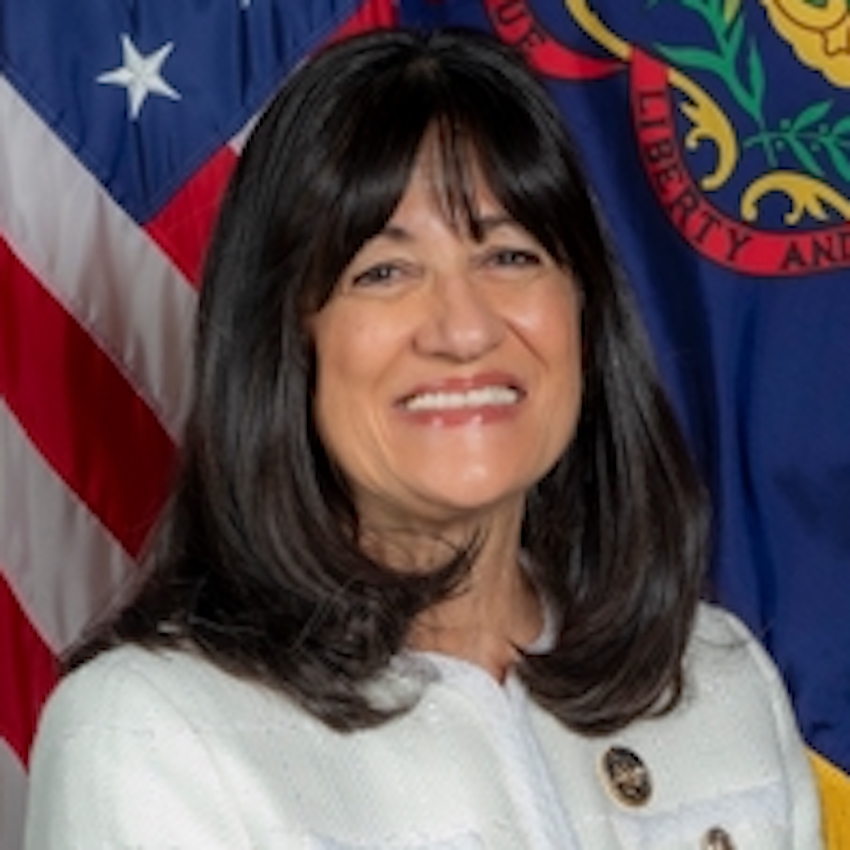
Rep. Jill Cooper (R-Westmoreland) plans to offer legislation that would remove a candidate’s county or municipality of residence from appearing on the primary ballot. Her memo states that including this information “serves no substantial purpose and may instead contribute to voter confusion. Voters are primarily interested in candidates’ qualifications, policies, and platforms rather than their geographical affiliations.” She said including this information can lead to biases that may unduly influence the outcome of elections, detracting from a fair and informed voting process.
Bill calls for protecting consumers from credit cards’ hidden fees

Rep. Manuel Guzman (D-Berks) intends to offer a bill that would require disclosure of credit card surcharges. He said fees often aren’t disclosed until the final step in a transaction. His bill would require merchants to disclose any credit card surcharge prior to completing the transaction, bar any added fees that exceed the merchant’s cost and direct the attorney general to enforce this consumer protection.
Borowicz bill calls for return to part-time legislature
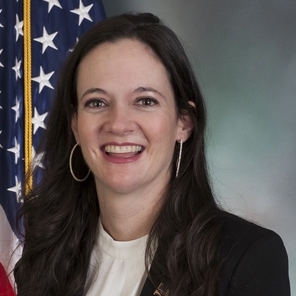
A proposed constitutional amendment, sponsored by Rep. Stephanie Borowicz (R-Clinton/Union), seeks to return to a part-time legislature as it had until 1968. HB 1746 would put Pennsylvania in the company of the majority of other states. “Such a part-time body would reduce costs, encourage more Pennsylvanians to run for office or advocate before the legislature, and ensure that our work is accomplished in a timely manner with firm constitutional deadlines for adjournment,” her memo states. The bill was moved to the House State Government Committee for consideration.
Bill requires notification about use of social media posts for AI training

Rep. Danilo Burgos (D-Philadelphia) plans to offer legislation that requires users of social media platforms to be notified if their posts will be used to train artificial intelligence algorithms. His memo states, “Despite the value of AI models, users deserve to be fully aware of their contributions and how such contributions may be used by the platform before deciding if they want to proceed with using a certain platform.”
May I quote you?
“The recent disclosure by Penn State at a meeting of its board of trustees — the direct result of the recent settlement between the university and Spotlight PA — is the type of disclosure that should be the norm.”
– Paula Knudsen Burke, the Pennsylvania attorney for the Reporters Committee for Freedom of the Press who represented Spotlight PA in the lawsuit her comment referenced, speaking on the trustees’ new practice of publicly disclosing the reason for closed-door meetings they hold and identifying who attends them
JULY 17, 2025
The House was in session Monday. The Senate was in session Wednesday and today.
Lawmaker wants to grade schools on Title IX compliance
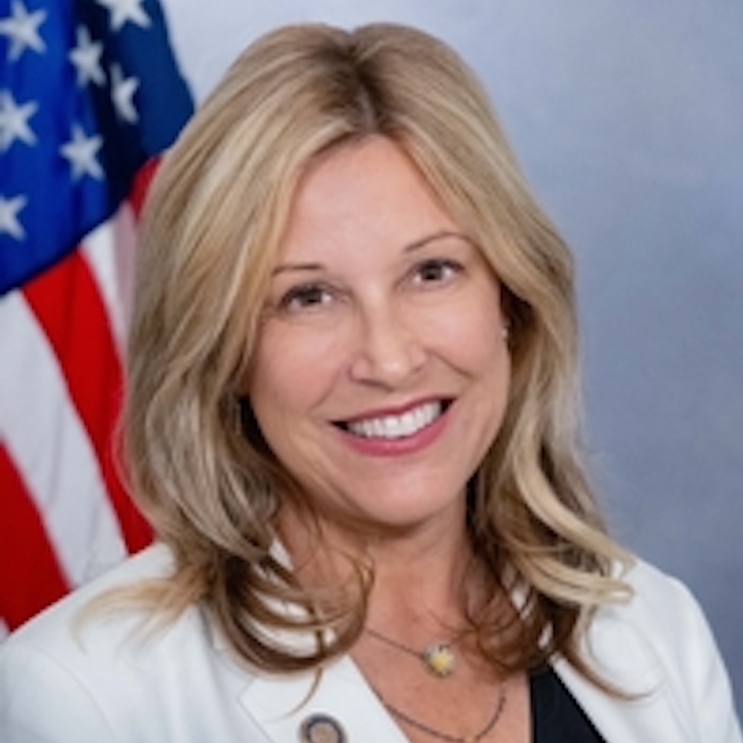
Rep. Melissa Shusterman (D-Chester) plans to offer legislation that would require schools to perform annual evaluations of their compliance with federal Title IX requirements that ban gender-based discrimination in academics and athletics. This data would be used by the Department of Education to issue grades to schools on an A-to-F letter scale. “Via the report card, parents, community members and legislators will be better able to understand how local schools are providing equitable athletic opportunities to students,” she states in her memo.
Bill would exempt volunteer emergency responders from RTKL
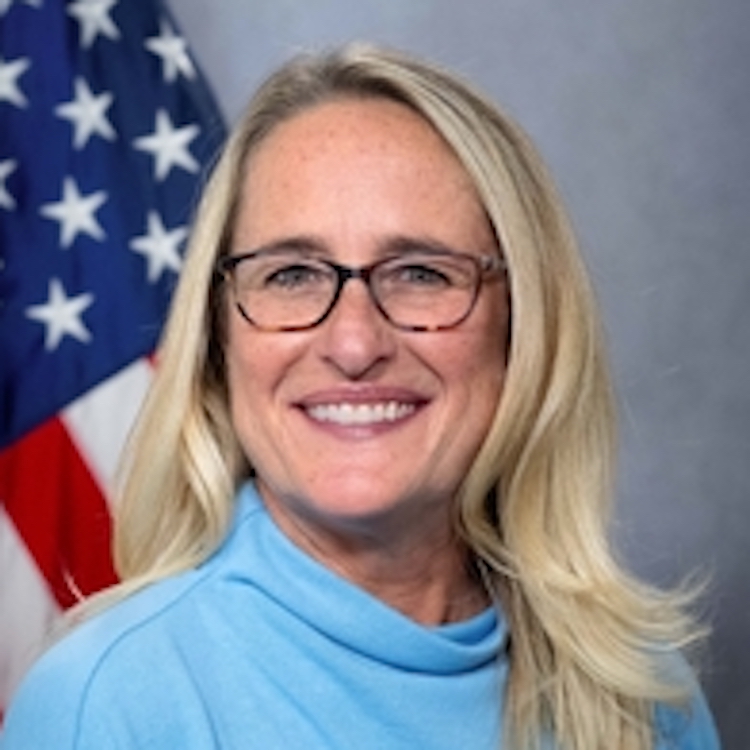
Rep. Jacklyn Rusnock
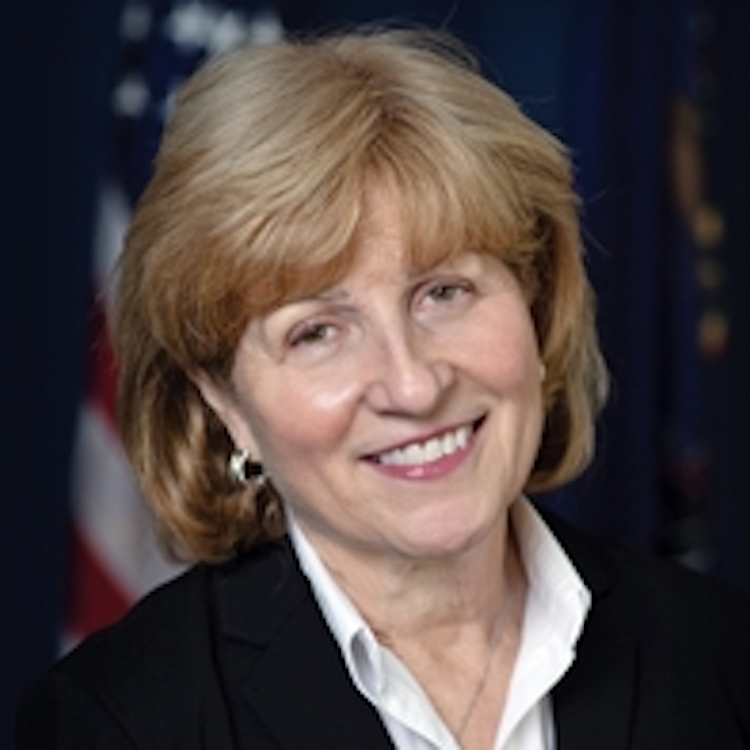
Sen. Judy Schwank
May I quote you?
“Newspapers serve a critical role in our society to inform the public about important issues, allow for civic engagement and discourse, and help bolster local communities.”
— Ohio Gov. Mike DeWine on why he chose to line-item veto a provision in that state’s fiscal year 2026-27 budget that would have ended the 90-year sales tax exemption on newspapers
JULY 10, 2025
The House was in session for three days this week and returns to Harrisburg on Monday. The Senate remains recessed to the call of the president pro tempore.
Automatic subscription renewal bill passes House
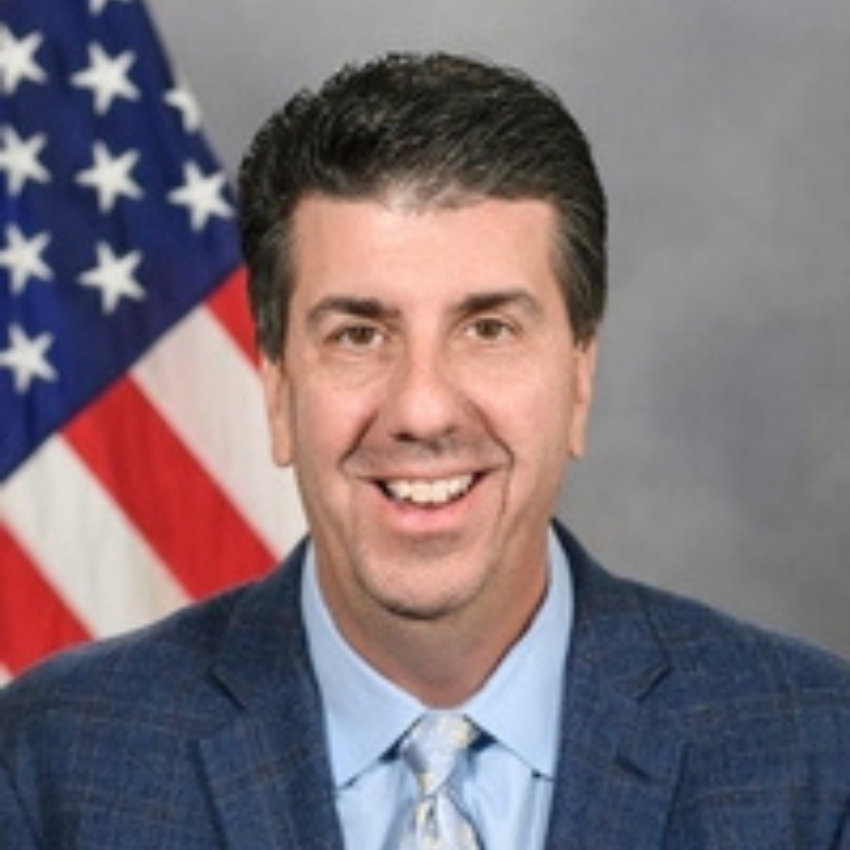
HB 1299, sponsored by Rep. Joe Ciresi (D-Montgomery), passed the House on Tuesday by a 181-22 vote. His bill would require companies to notify a subscriber before an automatic renewal occurs and allows subscribers to cancel their subscriptions exclusively online if they initially subscribed that way. The bill now goes to the Senate for consideration.
Senator proposes moving to a two-year budget cycle
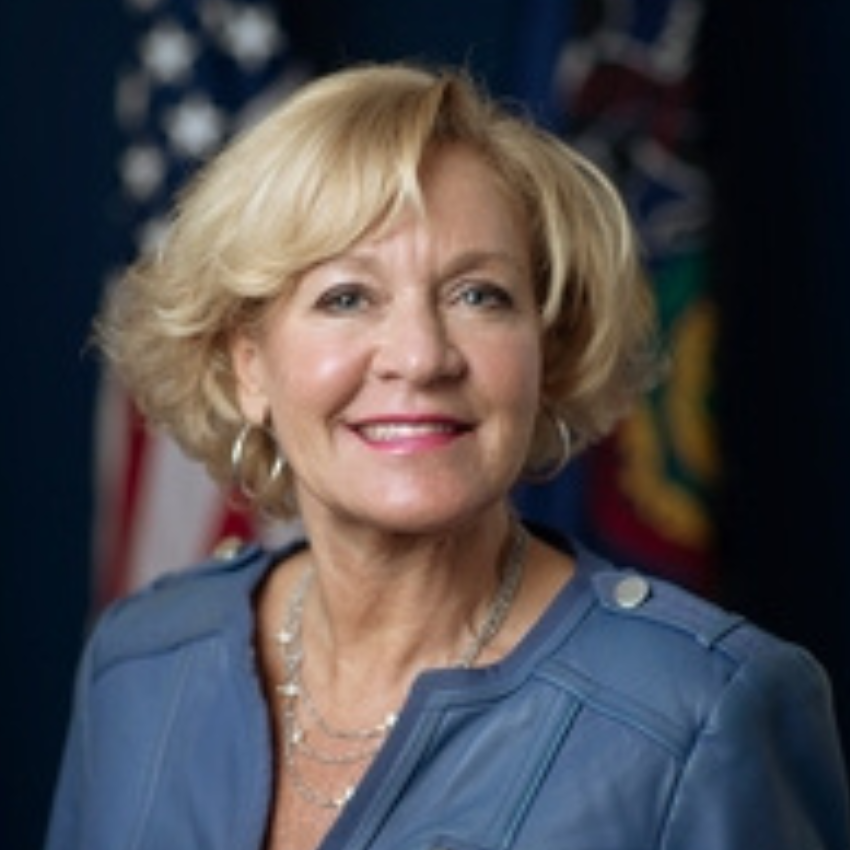
Sen. Lisa Boscola (D-Lehigh/Northampton) plans to offer legislation that would move away from an annual budget cycle to a biennial one that would set the timeline for completing a budget to June 30 in a non-election year. Her memo states this would allow time for a more thorough review of state programs to study the effectiveness of investments made in them.
May I quote you?
“We are particularly pleased that the misguided moratorium on state regulation of artificial intelligence was cut from the final bill, and hope that in its wake, Congress will now take up further legislation to regulate AI on a federal level.”
— Danielle Coffey, president and CEO of the News/Media Alliance, a trade association representing the news media industry, speaking about a provision in President Donald Trump’s signature domestic legislative package.
JULY 3, 2025
The Senate was in session Monday and recessed to the call of the president pro tempore. The House was in session Monday and Tuesday and are scheduled to be back in Harrisburg for three days, starting Monday.
House passes bill on automatic contract renewals

The House on Tuesday passed HB 129 offered by Rep. Lisa Borowski (D-Delaware) that would require companies to clearly and conspicuously provide notification before automatically renewing a subscription along with instructions on how to cancel. It would also allow a consumer to cancel the subscription the same way he or she initiated. Some of the language suggested by the News/Media Alliance was included in the legislation. The bill now goes to the Senate for consideration.
Bill eases process to get ID documents for ex-inmates

Sen. Nikil Saval (D-Philadelphia) plans to offering legislation that would direct the state Department of Corrections to work with the departments of Transportation and Human Services to help ensure formerly incarcerated people leave state prisons with a state identification card or driver’s license, birth certificate and/or Social Security card.
Legislator wants to stand up to federal government when funds are withheld
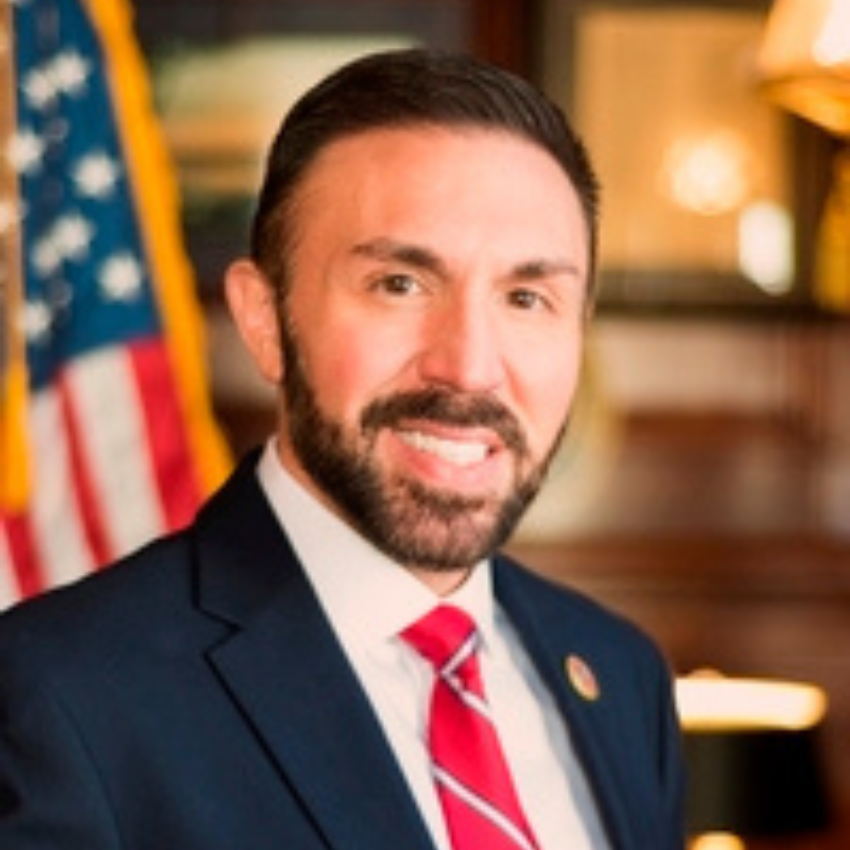
Rep. Ryan Bizzarro (D-Erie) intends to offer legislation that would allow Pennsylvania to temporarily stop payments to the federal government and place liens on federal property when federal funds are “unlawfully withheld,” his memo states. “This legislation builds on efforts to protect Pennsylvanians from the unlawful abuses playing out weekly in Washington, D.C. If congressional Republicans won’t step up to defend our future, then it falls to us in the Pennsylvania Legislature.”
Senator seeks to downsize General Assembly

Sen. Lisa Boscola (D-Lehigh/Northampton) plans to introduce legislation to cut the size of the 203-member House of Representatives to 101 members and the 50-member Senate to 38 members. Her memo states, “Pennsylvanians have repeatedly expressed their desire for a smaller, more efficient, and more accountable legislature. This legislation offers a real opportunity to deliver on that expectation.”
Senator wants more transparency in taxpayer-funded hospitality
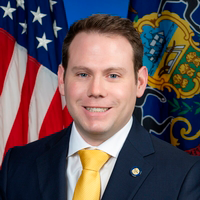
Sen. Jarrett Coleman (R-Bucks/Lehigh) intends to offer legislation that would require the Department of Community and Economic Development to issue monthly updates on its website detailing the commonwealth officials, employees and guests who benefit from taxpayer-funded hospitality through the Sports, Marketing and Tourism grant program. The updates would include the estimated value of the hospitality provided and the reason for the individual’s invitation to receive it. His memo states the updates would fill in gaps when records obtained through the Right-to-Know Law don’t provide a full picture of how funds are being used.
May I Quote You?
“The will of the people is the only legitimate foundation of any government, and to protect its free expression should be our first object.”
– Thomas Jefferson
JUNE 26, 2025
The House and Senate are scheduled to be in session through Monday as they work toward finalizing a 2025-26 state budget.
Senator seeks to extend RTKL to homeowners associations
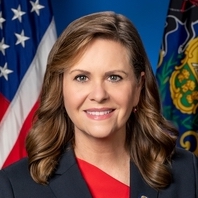
Sen. Camera Bartolotta (R-Beaver/Greene/Washington) plans to offer legislation to make homeowners associations subject to the Right-to-Know Law.
Bill seeks to alter transparency, prevailing wage rules for RACP grants
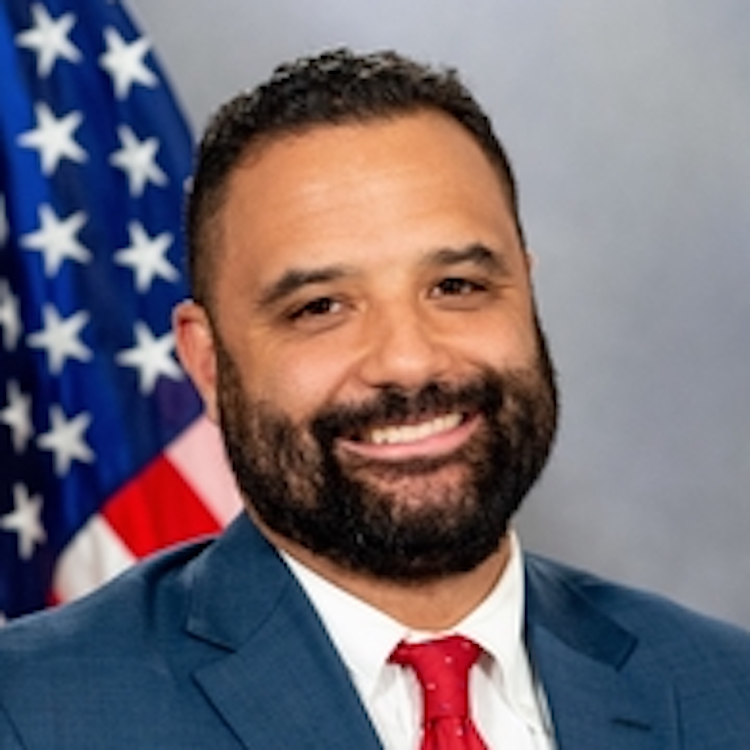
Rep. Dave Madsen (D-Dauphin) intends to offer legislation that would require all Redevelopment Assistance Capital Project grant recipients to pay project workers the prevailing wage. A companion bill seeks to expand bidding requirements to enhance transparency and strengthen labor protections in the administration of any RACP-funded economic and community development projects.
Senator aims to improve residency verification of cyber-charter school students
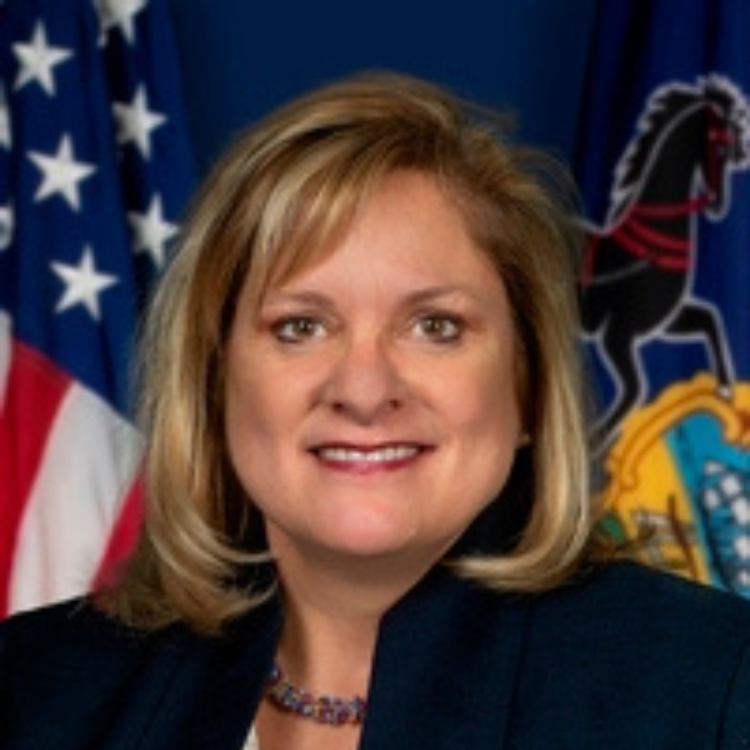
Sen. Tracy Pennycuick (R-Berks/Montgomery) plans to introduce legislation that would require cyber-charter schools to verify student residency twice each academic year in an effort to better protect taxpayer dollars and ensure the integrity of the cyber-charter school system.
Harkins offers bill to protect big-prize lottery winners
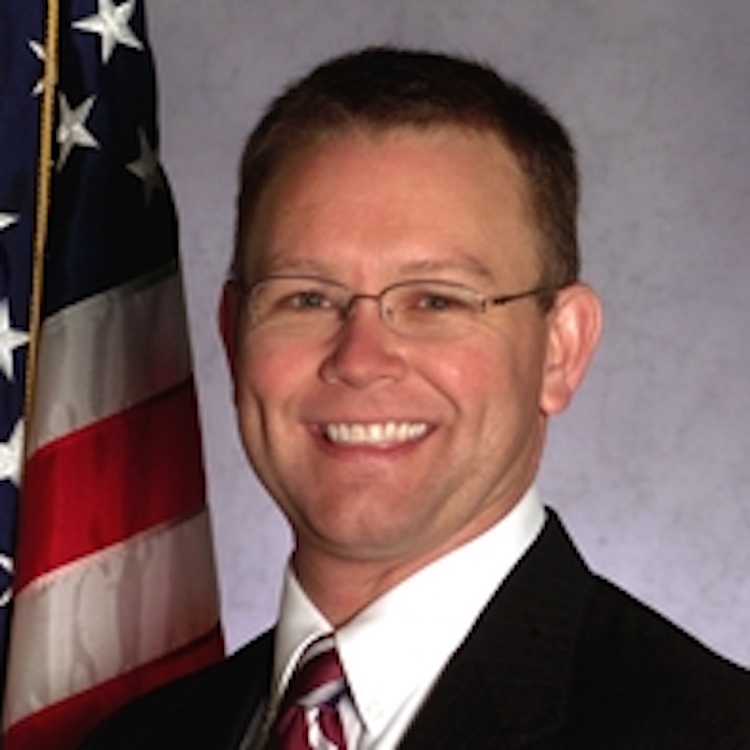
Rep. Pat Harkins (D-Erie) introduced HB 1635, which would allow winners of lottery prizes greater than $1 million to have their name, address and other personal information to be kept confidential. His bill differs from SB 73, introduced by Sen. Lisa Baker (R-Luzerne/Pike/Susquehanna/Wayne/Wyoming), which had a lower threshold of $100,000 when winners would be able to ask to have their identity withheld. Baker’s bill is in position to be considered by the full Senate.
House passes bill banning deepfake use in campaign ads
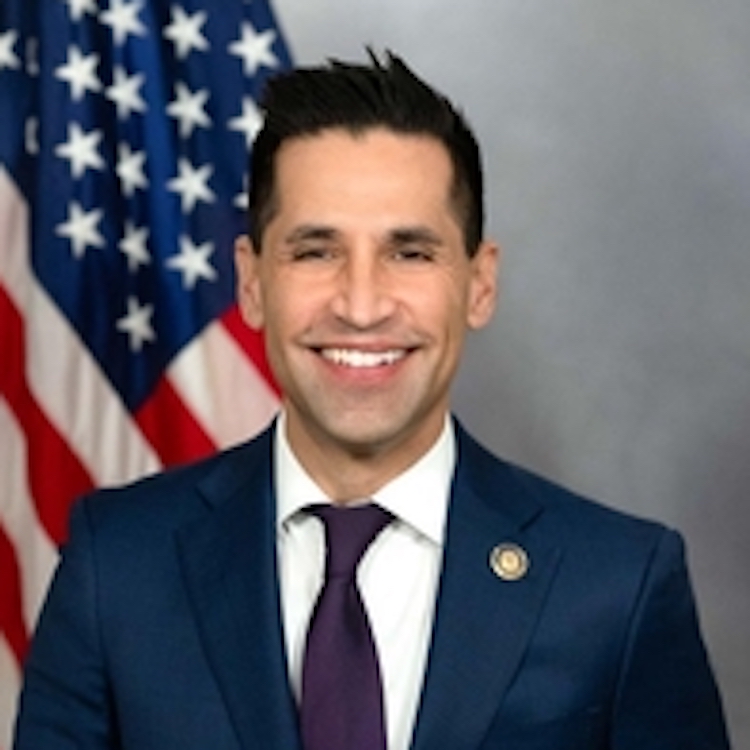
Legislation offered by Rep. Tarik Khan (D-Philadelphia) won passage in the House on Monday by a 203-0 vote. The legislation bars the dissemination of fraudulent misrepresentations of a candidate in a campaign ad that uses artificial intelligence within 90 days of an election. HB 811 creates civil penalties against those who create and circulate a campaign ad that uses deepfake pictures, audio or videos without the candidate’s consent. The bill now advances to the Senate.
Bill allowing sealing of eviction records advances

By a 105-98 vote, the House on Monday passed HB 1095 sponsored by Rep. Ismail Smith-Wade-El (D-Lancaster) that would establish a policy to limit access to eviction records after seven years since the filing of the case and sooner in cases where the adjudication of the eviction case went in the tenant’s favor. The bill now goes to the Senate for consideration.
May I quote you?
“I believe that by requiring our commonwealth students to learn cursive writing, it will ensure that our children learn the skill that is both cognitively and developmentally beneficial. I also believe that this instruction will allow our children to understand literature and writings of the past including some of our nation’s most important documents such as the Declaration of Independence and Constitution.”
— Rep. Dane Watro (R-Schuylkill/Luzerne), speaking on HB 17, which mandates cursive writing to be taught in elementary grades
JUNE 19, 2025
The House and Senate are scheduled to be in session all next week as they work to finalize a 2025-26 state budget by June 30.
Senator introduces bills to strengthen and protect government transparency
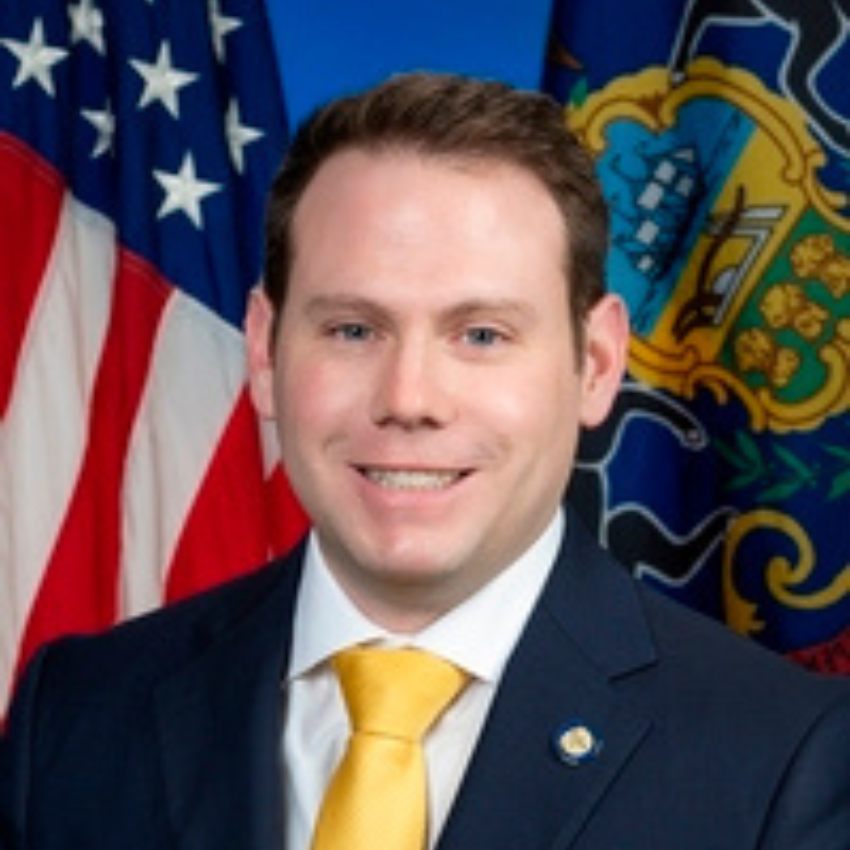
Sen. Jarrett Coleman (R-Bucks/Lehigh) introduced SB868 that prohibits the application, software or other technology devices that can prevent a record from being maintained and preserved from being installed or accessed on government-owned devices. He also introduced SB869 that establishes minimum record retention periods for electronic records as well as imposes penalties for violations and requires training for agency open records officers.
Lawmaker seeks to eliminate inactive boards
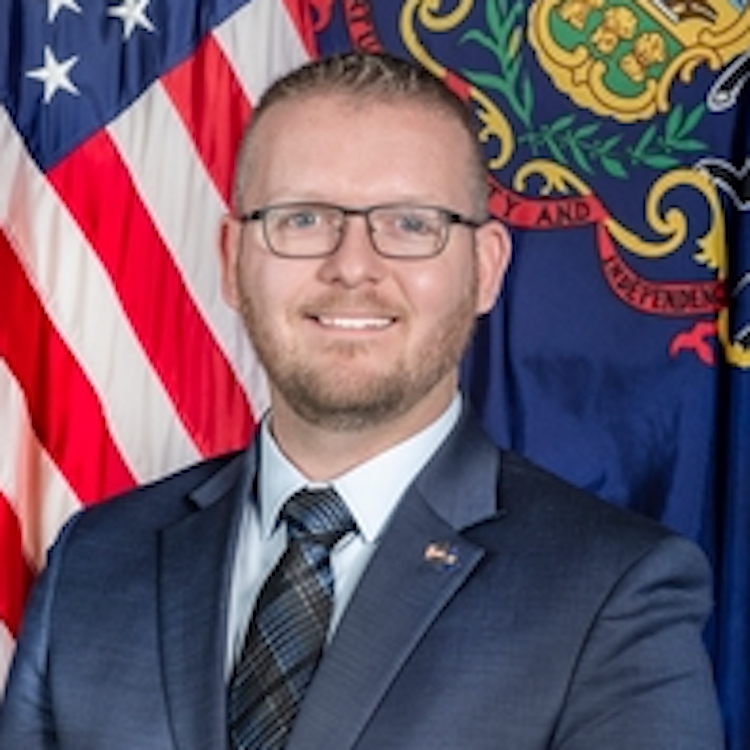
Rep. Josh Bashline (R-Armstrong/Clarion) plans to offer a bill that would reduce the number of executive branch boards, commissions and other similar entities. Saying many of the more than 300 executive branch boards are inactive and no longer necessary, his memo states that state government efficiency would be enhanced by eliminating these panels.
Bill would enhance protection of public servants’ information
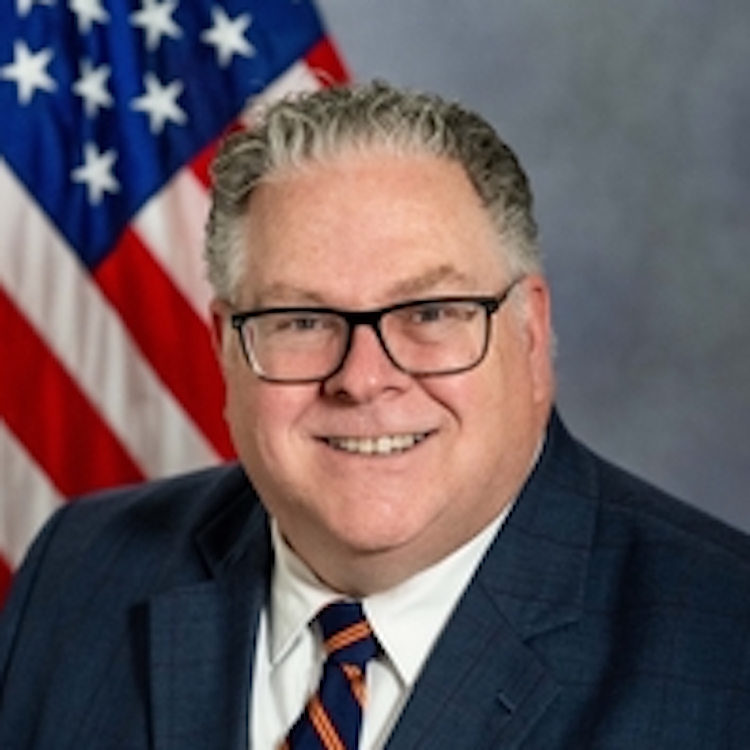
In the wake of last weekend’s murder and shooting of Minnesota lawmakers and their spouses, Rep. Tim Briggs (D-Montgomery) signaled his plan to offer legislation that would give law enforcement, parole and probation officers, current and former judges, and other officials who work with our judiciary the ability to protect themselves from having their personal addresses, telephone numbers, email addresses, license plate numbers, and other identifying information shared online. He also plans to offer legislation to amend the state’s election laws to provide an alternative approach to verify candidates’ residence for eligibility to run for an office and minimize the public availability of their home addresses.
Memo: Keeping candidates and public officials safe

Rep. Malcolm Kenyatta (D-Philadelphia) intends to offer a two-bill package to enhance state officials’ security. One measure would allow candidates to use campaign funds to hire security personnel. The other would require the Pennsylvania State Police to provide security for more state-level officials including the House speaker, Senate president pro tempore, attorney general, auditor general and state treasurer in addition to the governor and lieutenant governor who already have a state police detail assigned to them.
Lawmaker seeks to stop taxpayer-funded lobbying by local governments
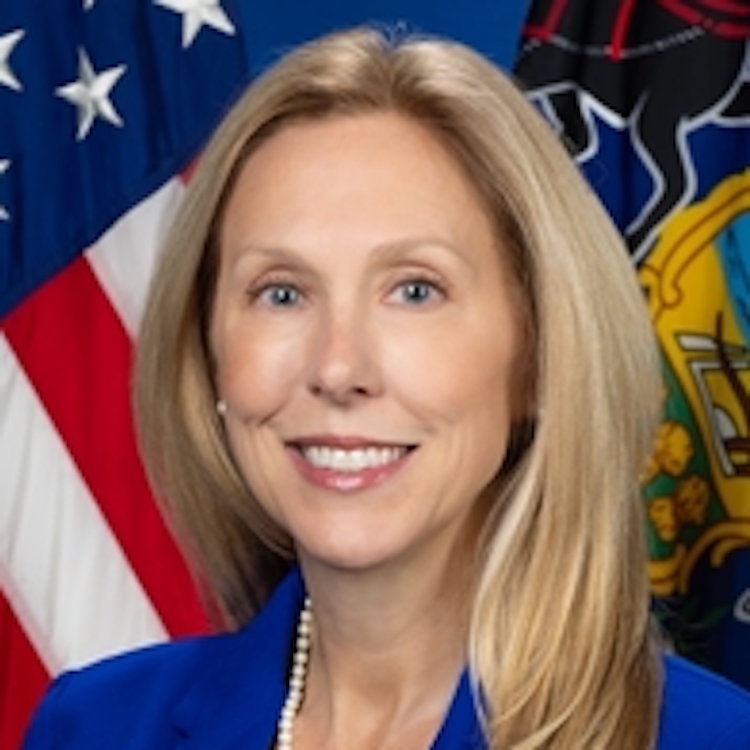
Sen. Dawn Keefer (R-Cumberland/York) plans to introduce legislation to limit local government from using taxpayer funds to hire lobbyists or political consultants to influence federal, state, or local decisions. Her memo states that the bill would establish clear enforcement mechanisms to ensure compliance. “By curbing the use of taxpayer funds for political influence, this bill promotes fiscal responsibility and strengthens focus on core government duties,” it states.
She also proposes to reintroduce legislation that would prohibit state agencies from using taxpayer funds to pay dues to associations that may lobby for their own interests.
Bill calls for drug testing for judicial candidates
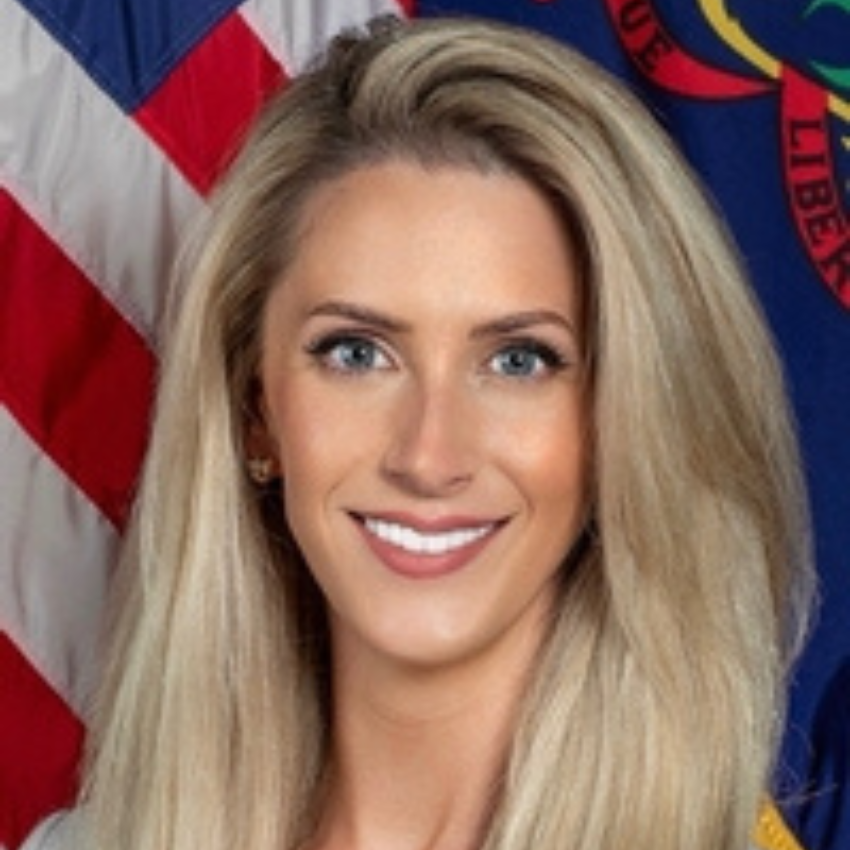
Rep. Stephenie Scialabba (R-Butler) intends to introduce legislation that would require judicial candidates to submit drug test results with their statements of financial interest. Her memo states, “It is incumbent upon us to avoid placing biased judges on the bench who seek to ignore the law in both professional and personal lives. By requiring drug testing, we can ensure that any potential biases toward the illegality of certain drugs are highlighted for constituents to see.”
May I quote you?
“It would make it far less likely everyday people would know about the events or activities in question. Few people use government websites, and fewer still just show up at government buildings.”
— Pittsburgh Post-Gazette editorial addressing reasons to oppose Senate Bill 194 that would allow public notice to go on government websites
JUNE 12, 2025
The House and Senate were in session for three days this week. The House will return to Harrisburg on Monday for another three-day session week. The Senate returns June 23.
Advancing public notice bill, SB 194, is not good government
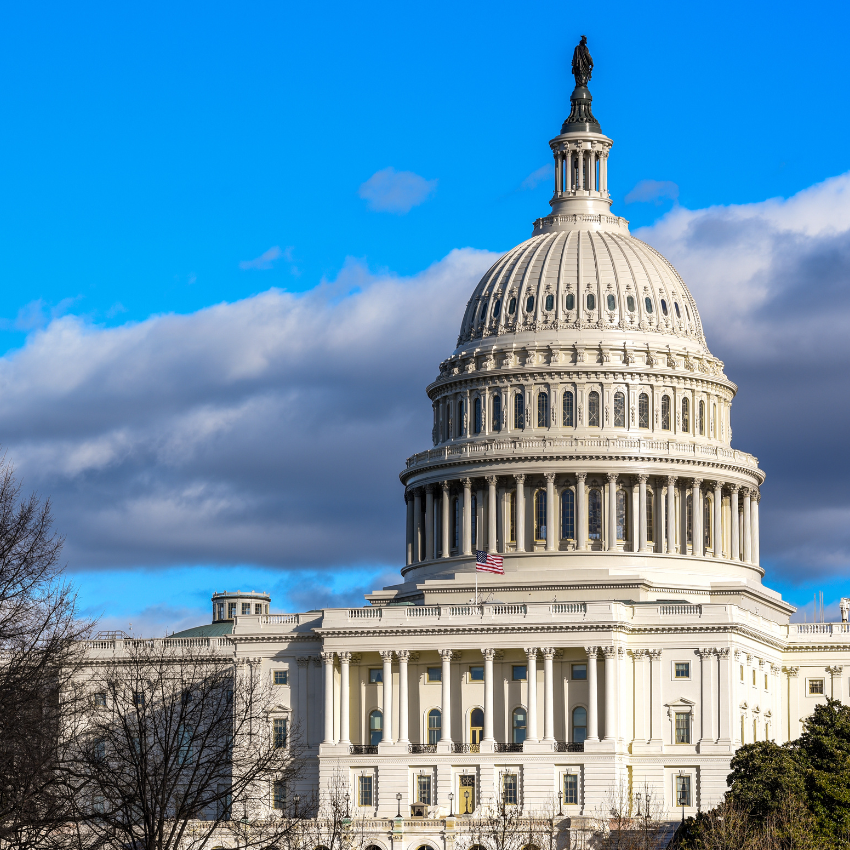
PNA strongly opposes SB 194 (PN 933), advancing legislation that would give local governments the option of advertising public notices on county/municipal government websites. The Senate Local Government Committee on Tuesday approved the bill sponsored by Sen. Doug Mastriano (R-Adams/Franklin). Sen. Scott Hutchinson (R-Butler/Clarion/Erie/Foret/Venango/Warren) was the only committee member to vote against SB 194.
Resurrected from a pile of previous sessions’ stalled legislation, the bill would also offer the option of publishing notices in newspapers. The bill is now under consideration by the full Senate.
Removing public notice advertising from newspapers is bad news for government transparency, accountability and, ultimately, taxpayer protection, which relies on access to trusted information about government activity before official action is taken.
County and municipal government websites must never be allowed to satisfy the legal requirement for public notice because:
- Traffic to government websites is abysmal.
- Government websites are difficult to navigate.
- Government website content is not updated.
- Just 73 percent of government agencies sampled in the Pennsylvania Office of Open Records 2023 Agency Website Review provided agency open records officer contact information, OOR contact information, and an RTKL request form. If government agencies cannot provide the most basic information, routine, timely public notice posting would prove challenging at best.
- Government websites are not and never will be independent, third-party providers of public notice information with which newspapers have long been trusted. Newspapers do not have skin in the game; government agencies do.
- Government website advertising ignores taxpayers who do not have access to reliable broadband. Governments that choose to advertise on their own websites risk ignoring constituents who do not have access to reliable internet service.
- Additionally, government agencies may need to hire additional staff to comply with state public notice requirements, which would be more expensive than the cost of publishing notices in newspapers.
- This bill would add to taxpayer confusion regarding public notices and where to find how tax dollars may be spent.
PNA supports the comprehensive HB 1291, public notice legislation to modernize the Newspaper Advertising Act, which is sponsored by House Local Government Committee Chairman Robert Freeman (D-Northampton). PNA continues to work with Chairman Freeman and other stakeholders on this legislation.
House panel approves automatic subscription renewal bills

Rep. Joe Ciresi
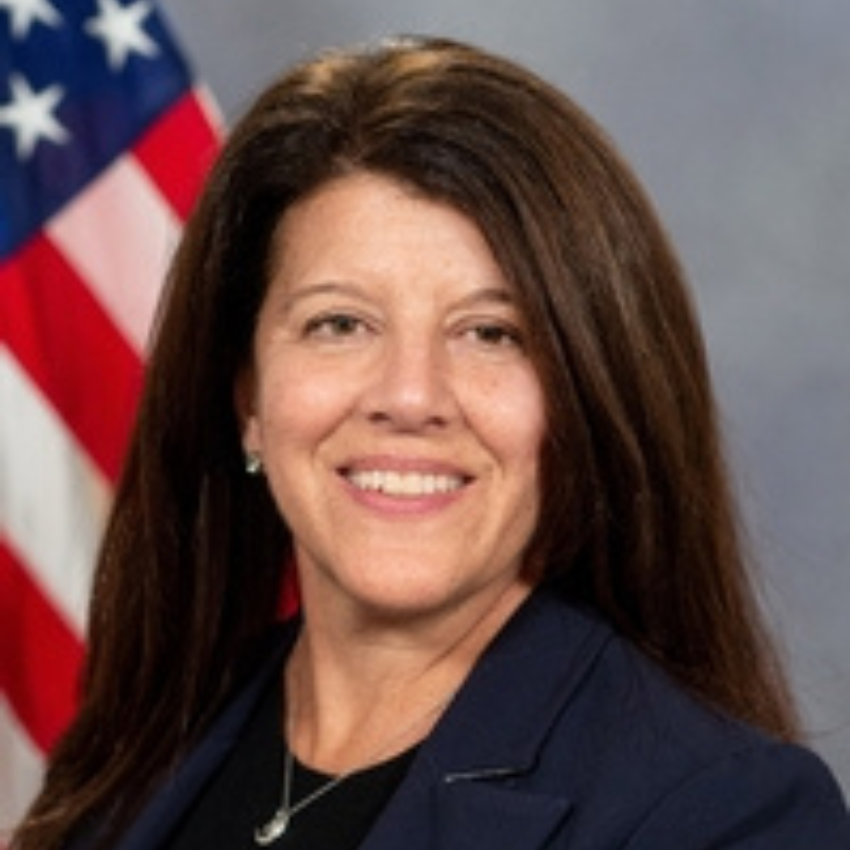
Rep. Lisa Borowski
The House Communications & Technology Committee on Tuesday approved two bills offered by committee Chairman Joe Ciresi (D-Montgomery) and Rep. Lisa Borowski (D-Delaware) that seek to give consumers more control over automatic renewals of subscription services.
Ciresi’s HB 1299 would require companies to notify a subscriber before each automatic renewal occurs and allow subscribers to cancel their subscription services exclusively online if they initially subscribed over the internet. It also would require companies to be transparent about pricing and cancellation options when offering a free gift or trial of the service.
Borowski’s HB 129 would require companies to clearly and conspicuously provide the consumer with the option to opt into, rather than opt out of, renewing a service.
Bill would create animal abuser registry

Rep. Melissa Shusterman (D-Chester) intends to offer legislation to create a statewide animal abuser registry. It would require individuals convicted of an animal abuse crime to annually register their personal information and the offense for which they were convicted for a period of 15 years. County sheriffs would be responsible for maintaining a local registry and forwarding all information to the state police to maintain a publicly accessible central registry.
Senator wants to modernize poll worker selection process

Sen. Lisa Boscola (D-Lehigh/Northampton) plans to introduce legislation that would move away from the centuries-old practice of electing judges of elections and inspectors to having county boards of elections appoint them. Her memo states, “This will allow counties to proactively recruit and train these individuals, reducing the number of unfilled positions and last-minute appointments.”
Bill keeping big-prize lottery winners’ information confidential advances

Legislation offered by Sen. Lisa Baker (R-Luzerne/Pike/Susquehanna/Wayne/Wyoming) that would allow the name, address and other personal information of lottery winners of prizes of $100,000 or more to remain confidential moved to the full Senate for consideration. SB 73, approved by the Senate Community, Economic & Recreational Development Committee Tuesday, provision that would allow a prizewinner to waive the confidentiality provisions in this bill.
May I quote you?
“The university and its board of trustees are ultimately accountable to the people of Pennsylvania, and their business is the public’s business. This agreement, which explicitly includes Sunshine Act compliance training, sets a clear expectation that they can no longer hide behind closed doors and executive sessions.”
— Paula Knudsen Burke, Pennsylvania attorney for the Reporters Committee for Freedom of the Press, speaking on a settlement reached between Spotlight PA and Penn State’s board of trustees ending a lawsuit over alleged violations of the Sunshine Act

